Elon Musk’s brain interface company, Neuralink, recently made headlines with the announcement of its first human brain chip implantation. While this development has captured significant attention, it’s essential to understand that Neuralink is not the only player in the field of brain-computer interface (BCI) devices. Several other companies and academic institutions have been pioneering innovative BCI technologies for years. Let’s explore some of the noteworthy competitors to Neuralink:
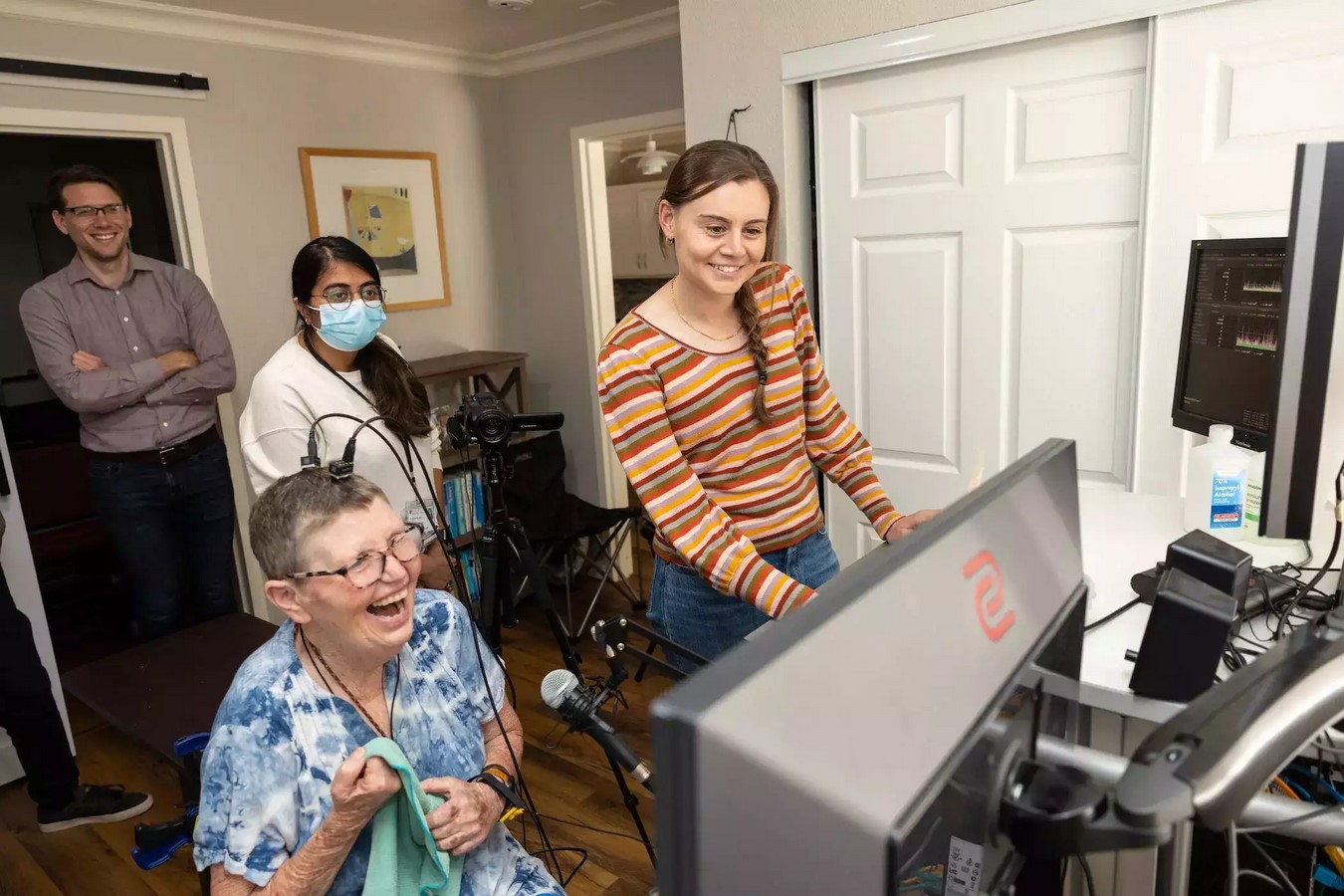
1. Blackrock
Blackrock Neurotech, headquartered in Utah, has been a prominent player in the BCI space since its founding in 2008. Their devices, implanted in fewer than 50 individuals worldwide, have been instrumental in restoring independence to people with severe forms of paralysis. Blackrock’s long-term vision includes expanding the applications of BCIs beyond paralysis, potentially benefiting first responders, the military, and other able-bodied individuals.
2. BrainGate
BrainGate, a pioneering academic consortium, introduced the first-ever implanted BCI for human use in 2004. Their current device, BrainGate2, is part of a clinical trial aiming to enhance the lives of tetraplegics by enabling them to control devices through their thoughts. BrainGate’s commitment to fundamental research in the BCI field underscores its importance in advancing neurotechnology.
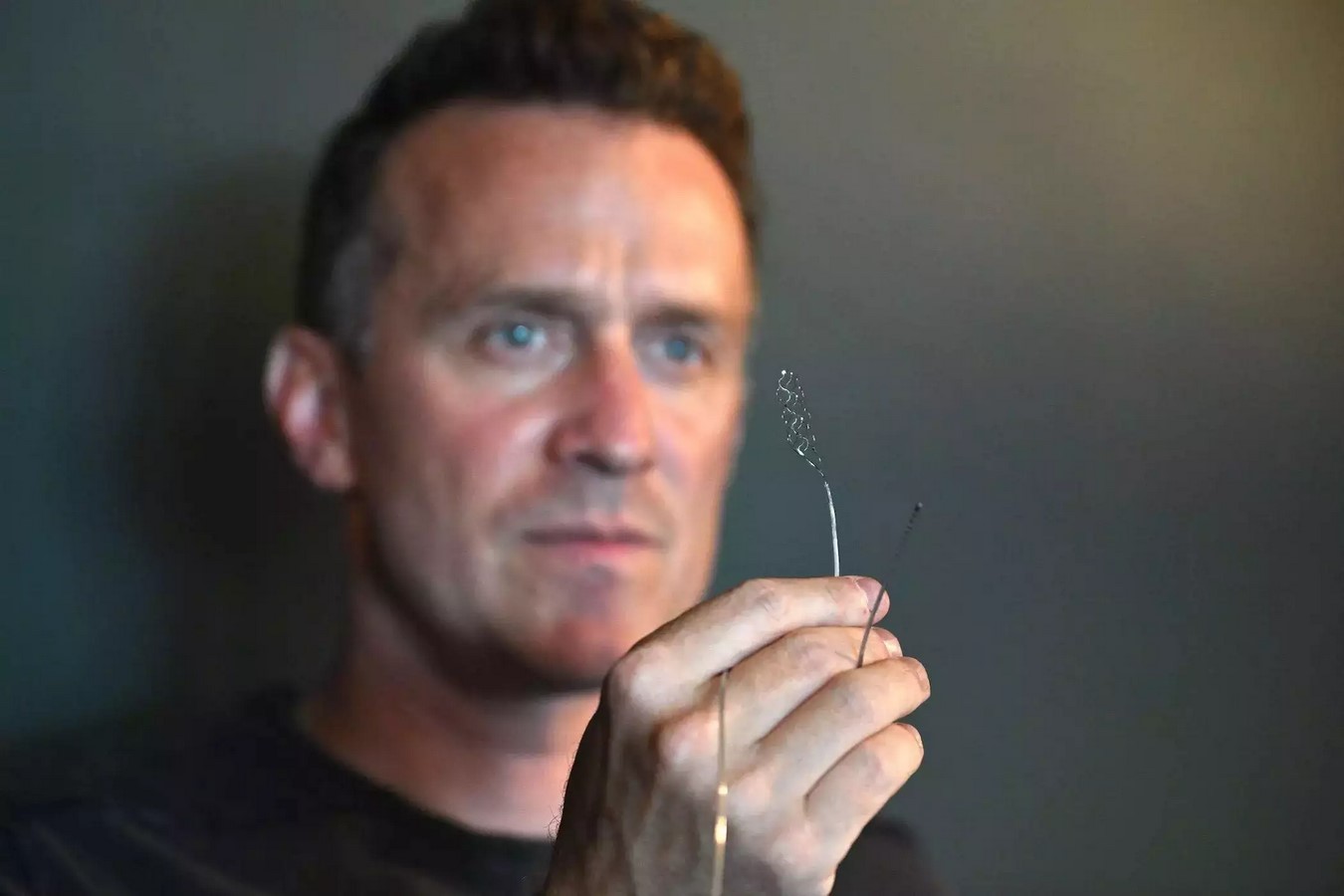
3. Synchron
Synchron, based in Brooklyn, has developed a minimally invasive BCI called the stentrode, which sits inside blood vessels in the head. This innovative approach allows for wireless transmission of brain signals to external devices, offering a promising avenue for BCI applications. Elon Musk’s interest in Synchron’s technology further highlights its potential significance in the neurotech landscape.
4. Academic Institutions
Numerous universities worldwide are actively engaged in BCI research, conducting one-off surgeries and clinical trials to explore the capabilities of brain-computer interfaces. These endeavors range from visible plugs on the scalp to sophisticated implants facilitating communication and mobility for individuals with disabilities.
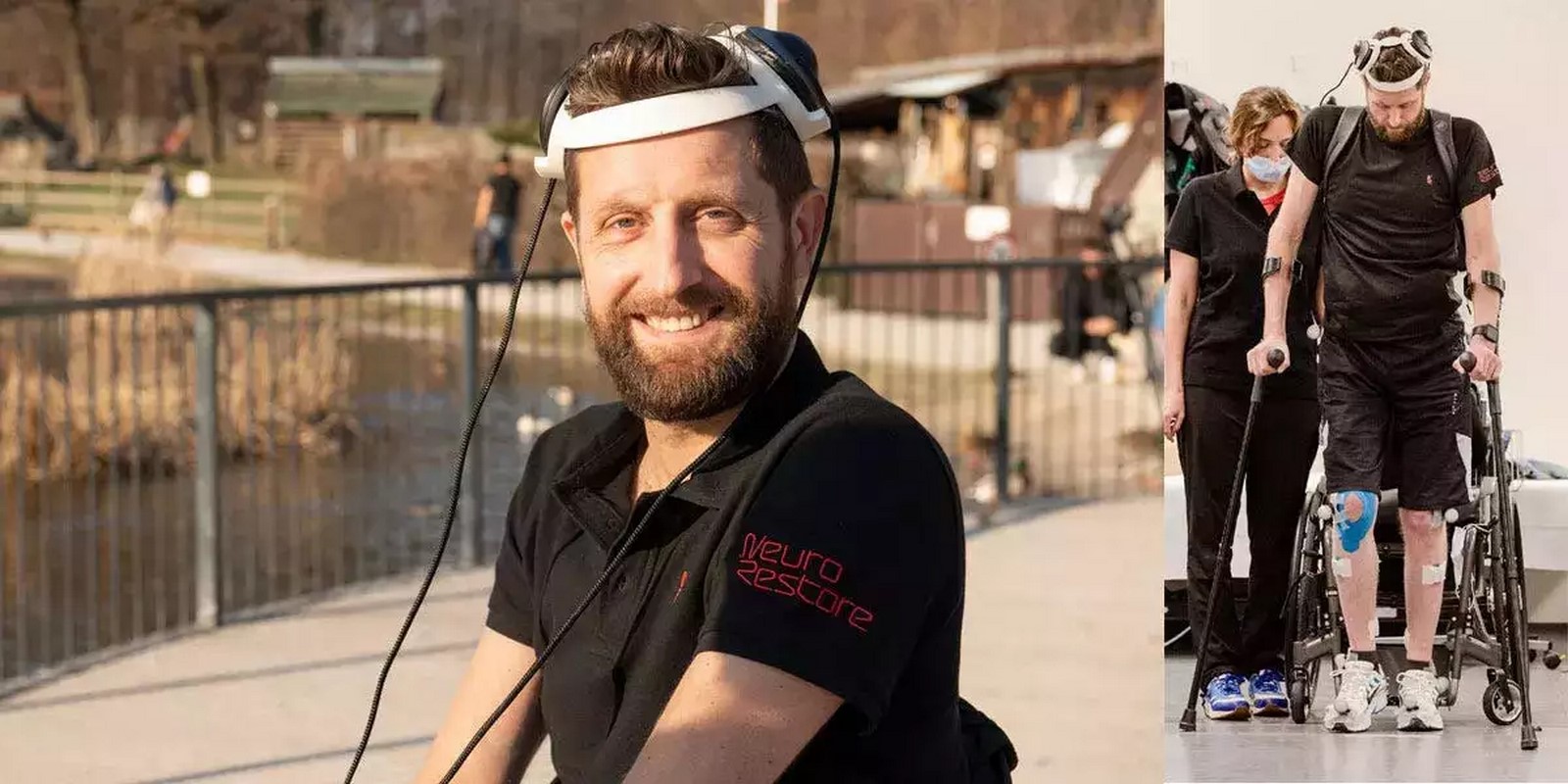
Assessing Neuralink’s Progress and Challenges
While Neuralink’s recent achievements have garnered attention, the company still faces significant challenges in proving the effectiveness and safety of its technology. With its innovative design featuring over 1,000 hair-like electrodes, Neuralink aims to empower individuals with disabilities to control devices using their minds. However, the true test lies in demonstrating practical applications that enhance users’ quality of life.
As Neuralink and its competitors continue to push the boundaries of neurotechnology, the road ahead will undoubtedly involve rigorous testing, refinement, and collaboration with medical professionals and regulatory bodies. While the ultimate success of BCI devices remains to be seen, the collective efforts of innovators like Elon Musk and dedicated researchers worldwide offer hope for a future where individuals can interact with technology in unprecedented ways.

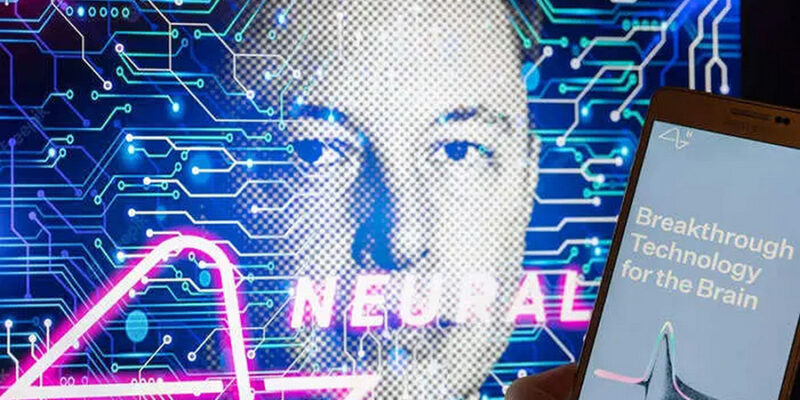



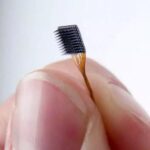


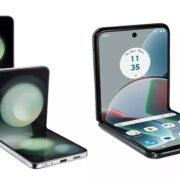




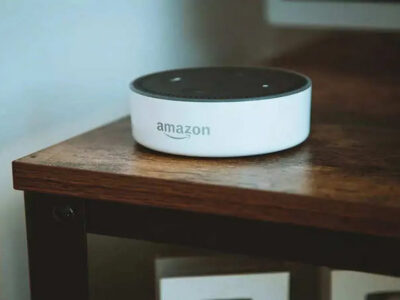
Comments